Work pressure along with irregular eating and living habits are the reasons why many people suffer from stomach pain during Tet. So what should people with a history of stomach problems eat to avoid recurring pain during Tet?
1. Reasons why stomach pain is likely to recur during Tet
There are many causes of stomach pain, but during Tet, stress and fatigue due to having to do a lot of work to prepare for Tet; irregular diet and lifestyle are the main causes of recurring stomach pain.
Eating too many foods that are difficult to digest: Traditional Tet dishes such as banh chung, gio cha, braised pork... often contain a lot of fat, are difficult to digest, and put pressure on the stomach. Tet cakes, candies, and jams contain a lot of sugar, which can easily cause bloating and indigestion.
Substance abuse: Alcohol, coffee, and carbonated soft drinks are drinks consumed a lot during parties, increasing stomach acid secretion, irritating the stomach lining.
Eating at irregular times and not enough meals: Irregular eating, skipping meals or eating too much at one time all have negative effects on the digestive system.
Changing lifestyle habits: Sleeping less, staying up late to have fun and eat, and lack of exercise increase the burden on the stomach and slow down the digestive process.
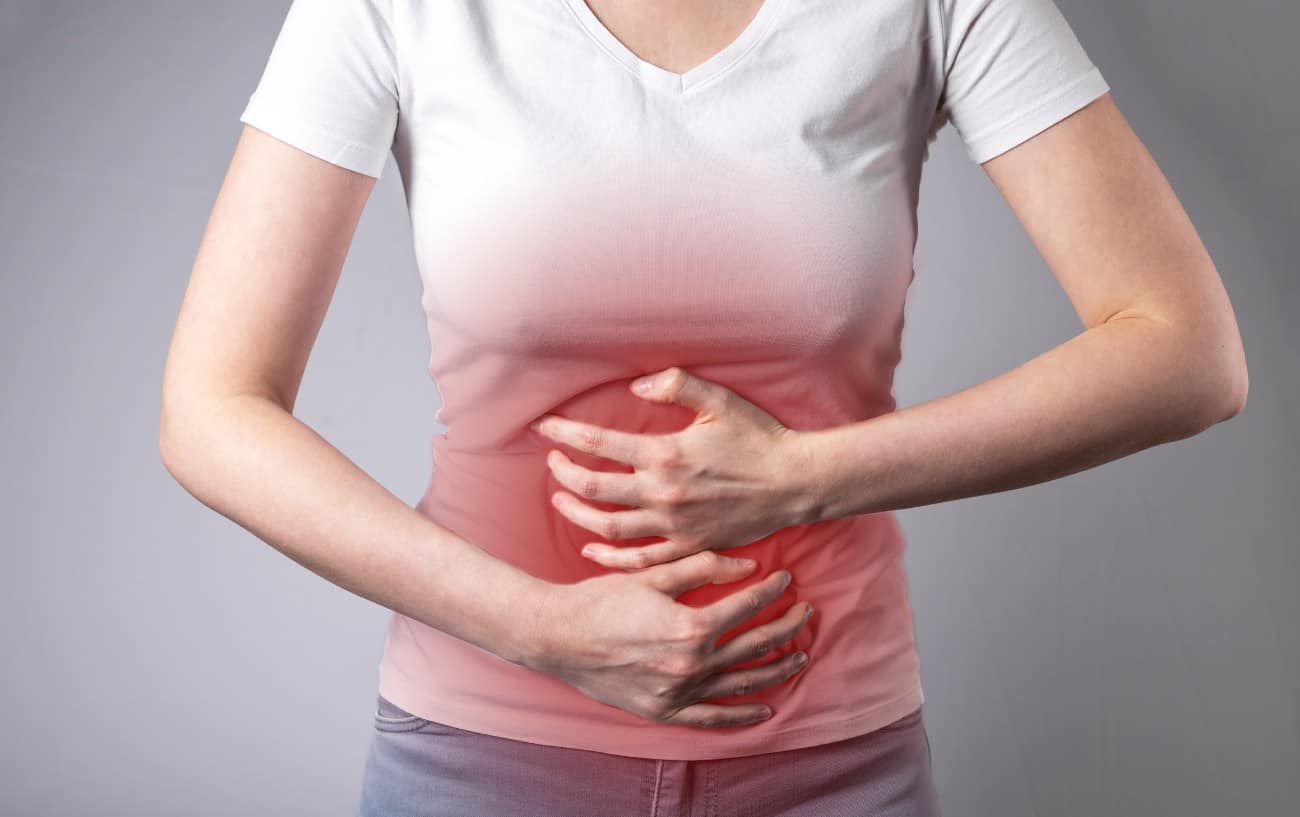
People with a history of stomach disease are susceptible to recurring pain during Tet.
2. How to control and prevent stomach pain recurrence
In addition to eating and choosing food, people with stomach diseases need to maintain a reasonable lifestyle. During the Tet holiday, when gathering with family, you should spend more time resting, creating a happy and comfortable atmosphere, ignoring unnecessary worries and stress... Maintain exercise such as walking, light exercise to help improve digestion. Pay attention to getting enough sleep so that the body can recover... These measures help control the disease and prevent recurrence effectively.
Regarding diet, please note:
Eat and drink in moderation: Eat many small meals a day, avoid eating too much at one time. People with a history of gastric or duodenal ulcers should be careful not to eat too much or too hungry, and should divide their meals into many small meals. Do not drink too much water at a time, only drink less than 200 ml at a time between meals.
Posture and eating method: Sit upright in a chair when eating to avoid compressing the stomach. Eat slowly and chew thoroughly. Avoid strenuous exercise after eating. Eat dinner at least 3 hours before going to bed, and do not eat late at night to avoid overloading the stomach at night.
Choose healthy foods: Prioritize green vegetables, fresh fruits, boiled and steamed dishes. Limit greasy foods, sweets and stimulants.
Drink enough water : Water helps dilute gastric juice, aiding digestion.
According to Dr. Tran Thi Hieu, a nutrition specialist, eating properly will help people with stomach ulcers reduce symptoms of pain, bloating, indigestion, reduce acid secretion and stimulate the digestive tract. A suitable diet will provide enough nutrients for the body and help restore the digestive tract mucosa.
Patients need to pay attention to the following principles: Divide into many meals; Food must be soft, well-cooked, and low in fiber; Eat slowly and chew thoroughly; Avoid foods that damage the stomach lining; Supplement vitamins and minerals, intestinal probiotics to help increase villi production and restore the digestive lining...
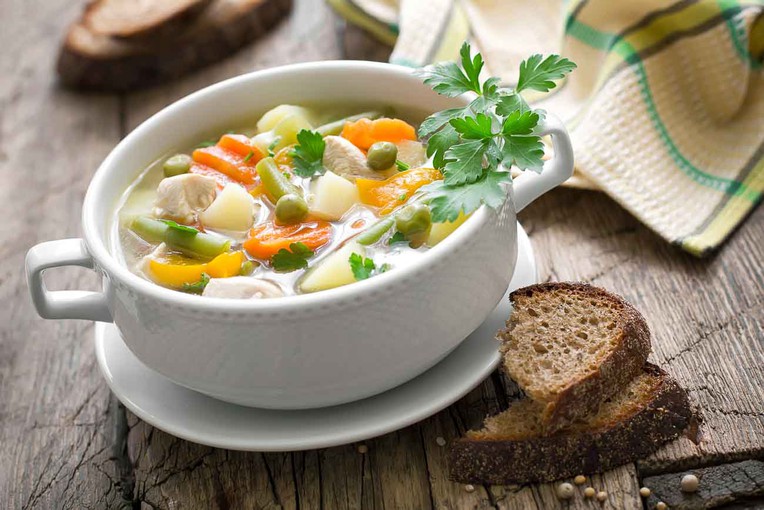
Soft and easily digestible food is good for people with stomach pain.
3. Notes when preparing food for people with stomach problems
Foods to eat
- People with stomach ulcers should eat foods that cover the stomach lining such as: sticky rice, bread, biscuits, cereals, tubers, honey, etc.
- Should eat lean meats such as: lean pork, lean beef, skinless poultry; fish, eggs...
- Choose foods containing healthy fats such as olive oil, avocados and nuts.
- Increase intake of green vegetables and fresh fruits to improve vitamin and mineral deficiencies due to poor digestion and absorption in people with stomach diseases.
Foods to avoid
- Limit eating spicy, sour foods, foods with spices such as pepper, vinegar, chili, garlic, etc.
- Limit foods and drinks that cause indigestion and increase gastric juice secretion such as: fatty foods, coffee, strong tea, carbonated soft drinks; pickled foods, foods marinated with a lot of salt...
- Limit alcohol consumption as much as possible, or it is best not to drink at all, as all alcohol, especially strong alcohol, irritates the stomach and slows down the healing process.
- Do not eat cold food, food that has been left out for a long time, raw or undercooked dishes such as fish salad, sour sausage, blood pudding, etc.
How to prepare food for people with stomach disease
- Cook food until soft and thoroughly cooked to avoid damaging the lining of the stomach and intestines, while also making it easier to digest and absorb. Suitable dishes include: Milk, porridge, soup or soft stews.
- Should steam or boil instead of frying with too much oil and fat.
- Limit the use of spices: You should limit spicy and sour spices because these spices can stimulate the recurrence of stomach pain.
Source: https://giadinh.suckhoedoisong.vn/cach-che-bien-mon-an-than-thien-khi-bi-dau-da-day-trong-ngay-tet-172250201163544832.htm

























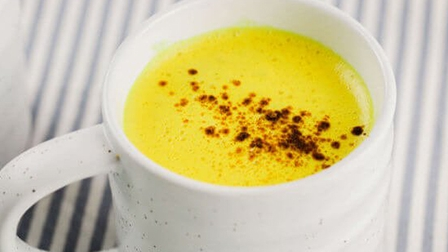

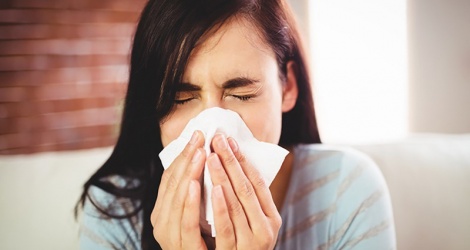

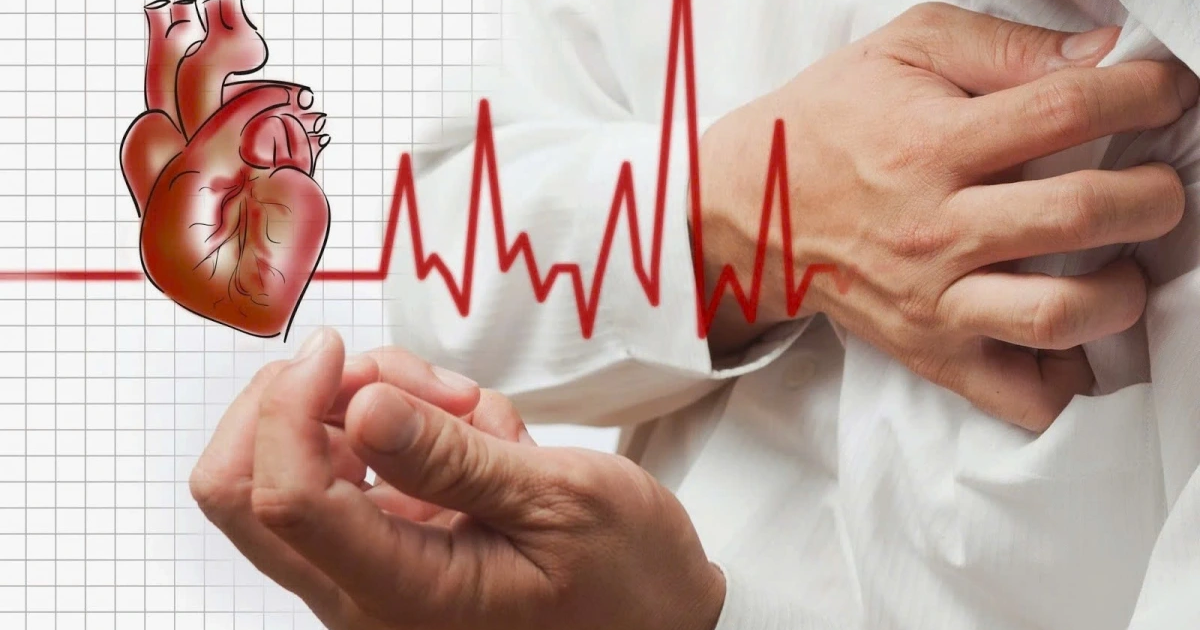
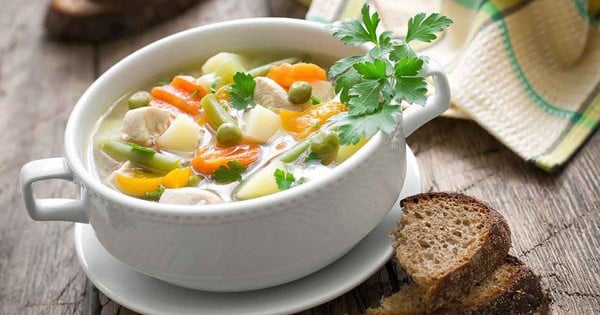

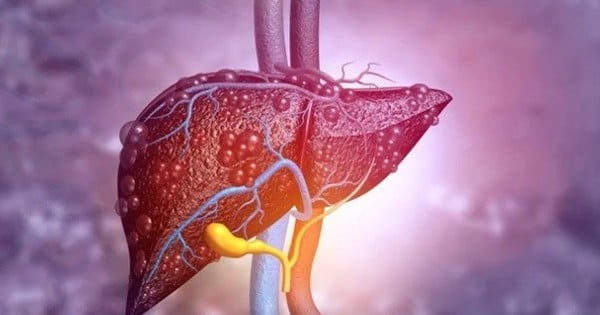


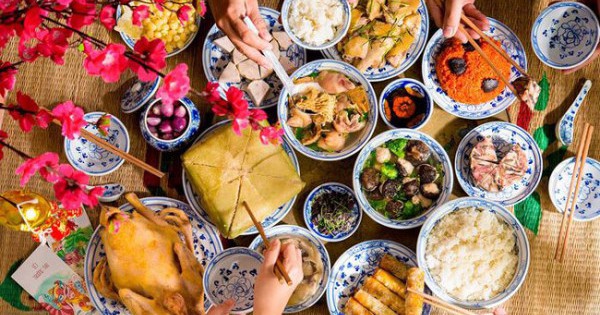















Comment (0)